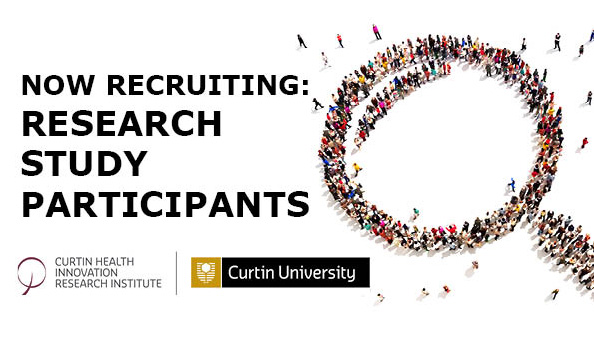Tiny microscopic blood vessels called capillaries are critical for brain function and mental health. Brain capillaries also keep the brain isolated and protected from infectious diseases.
Curtin Health Innovation Research Institute researchers have discovered that brain capillaries become increasingly leaky with age and that this process is accelerated by poor dietary behaviour. Capillaries that persistently leak cause silent inflammation, which can increase risk for some degenerative brain diseases such as multiple sclerosis, Parkinson’s disease or Alzheimer’s disease. However, dietary behaviour can also strengthen brain capillaries and reduce disease risk.
Our researchers are seeking participants for a new study that will investigate how people respond to meals containing commonly consumed dietary oils. The intent is to study the effectiveness of these oils to influence blood metabolites that positively regulate capillary vessel function.
Starting in September 2018, participants will be invited to consume meals containing one of two plant-derived oils, or no oil. Several small blood samples are subsequently taken for analysis. If selected for the study, you will receive a range of results from the study (glucose, insulin, cholesterol and blood lipid profile), that is relevant to heart health. You would also receive a voucher for your time commitment upon the study’s completion.
Ideally, participants would be:
• People aged 20-70 years
• Generally healthy and non-smokers
• Able to attend either one to three visits to Curtin University’s Bentley Campus
To receive a screening survey to see if you qualify, please register your interest through our Eventbrite page or contact CHIRI on 0420 283 406 or chiri@curtin.edu.au.
By participating in this study you will be supporting CHIRI’s work to identify new prevention and treatment strategies for adult diseases.

